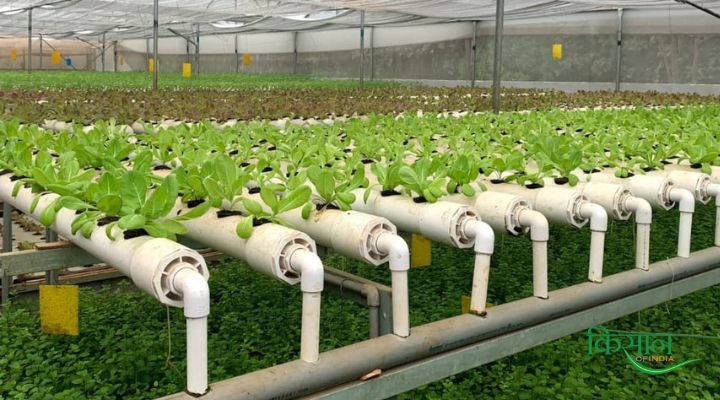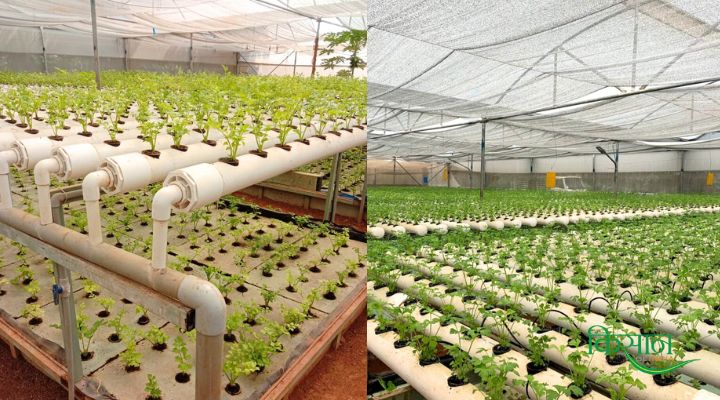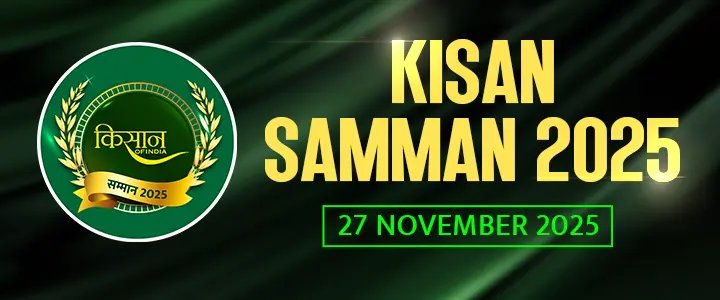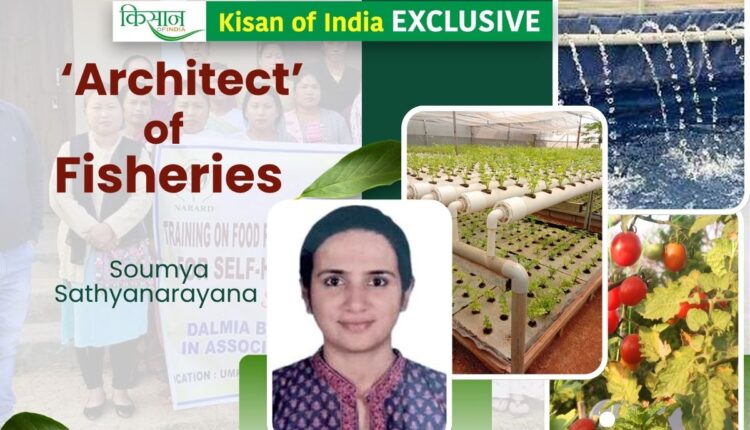Fish Farming: From architectural blueprints to biofilters, Soumya Sathyanarayana has charted a unique journey, blending design thinking with sustainable fish farming. Hailing from Uttari village in South Bengaluru district, Karnataka, Soumya began her professional career as an architect. But her curiosity and passion for eco-friendly systems soon nudged her in a different direction — one that merged nature, science, and entrepreneurship.
From Terrace Tanks to Full-Scale Aquaponics
Soumya’s first brush with aquaculture was inspired by her husband’s deep interest in agriculture. Together, they explored eco-friendly practices that could integrate fish and plant production. This led them to aquaponics — a closed-loop system where nutrient-rich fish water feeds plants, and the plants, in turn, help filter the water for the fish.
Starting modestly with a small aquarium setup on their terrace in 2014, the couple experimented and studied extensively. For nearly three years, they refined their knowledge, slowly expanding to a 300-square-foot unit in Bengaluru. Their research-driven approach attracted the attention of neighbours and local growers, many of whom urged Soumya to set up similar systems commercially. This encouragement sparked the birth of her larger aquaponics projects.
Scaling Up: Entering RAS and Commercial Farming
While aquaponics offered exciting possibilities, marketing challenges and limited scalability led Soumya to look for more robust solutions. That’s when she discovered the Recirculatory Aquaculture System (RAS) — a cutting-edge fish farming technology that maximizes space and water efficiency.
In FY 2020–21, under the guidance and support of the Karnataka State Fisheries Department, Soumya applied for the “Large RAS” activity under the Pradhan Mantri Matsya Sampada Yojana (PMMSY). With an ambitious plan, she built 20 tanks with a production capacity of 40 tonnes. She secured ₹130 lakhs as financial assistance for first-year input costs, while borrowing ₹15 lakhs and investing another ₹25.94 lakhs of her own money to cover the total project cost of ₹155.94 lakhs.
What Makes Her Farm Unique ?
Soumya’s farm isn’t just another fish farm — it’s an innovation hub. It features a mechanical and biofiltration system, degassing units, sludge tanks, a laboratory, and a dedicated storeroom for fish feed. She emphasizes periodic grading of fish to optimize feed, reduce harvest stress, and minimize mortality rates. This precise, science-backed approach sets her apart in the highly competitive aquaculture landscape.

Currently, her farm provides direct employment to 11 people, contributing significantly to local livelihoods while ensuring top-notch operational standards. Soumya’s team is carefully trained in managing the technical complexities of RAS, from water quality control to feeding cycles.
High-Value Fish, Processing, and B2C Branding
Soumya’s vision doesn’t stop at primary production. She plans to optimize her farm’s operations further, focusing on high-value fish species to maximize returns. She’s also eyeing the fish processing sector and wants to explore a business-to-consumer (B2C) model under her own brand, aptly named “GROW.”
This future-facing approach signals a move towards value addition — where Soumya not only produces fish but also offers branded, processed products directly to consumers. Her aim is to capture a slice of the urban premium seafood market, leveraging her farm’s reputation for quality, sustainability, and innovation.
Expansion and New Challenges
What makes Soumya Sathyanarayana’s journey remarkable is that she never limited herself to personal success. She decided early on that the knowledge and techniques she was developing should be shared with others, not hoarded. Today, she is not only expanding her own operations but also providing consultancy services to farmers and agribusinesses looking to adopt modern aquaculture setups. Her projects have reached diverse locations like Bengaluru, Coorg, Pondicherry, and Sikkim, reflecting her growing national footprint.
Soumya firmly believes that the future of Indian agriculture lies in technological advancement and environmental balance. She says that while traditional farming has its place, the realities of climate change and a growing population make it essential to adopt cutting-edge solutions. Her RAS (Recirculatory Aquaculture System) saves water, multiplies production capacity, and elevates fish quality to international standards.

She emphasizes, “Today, any farmer or entrepreneur who wants to progress must keep an open mind. By adopting technology and staying ready to learn, we don’t just increase personal income — we help uplift our communities and contribute to the country’s progress.”
Team and Employment Generation
The team working at Soumya’s farm is not just a group of labourers; they are trained, technically skilled personnel. She has personally ensured that her workers are trained to handle machines, monitor water quality, and maintain high operational efficiency throughout the production cycle.
So far, Soumya has provided direct or indirect employment to around 200 people — whether through farm operations, consultancy projects, or setting up new units in other regions. This is a major achievement for a woman entrepreneur, particularly in a field often perceived as male-dominated.
Looking Ahead: Future Plans
Soumya is currently exploring larger projects in collaboration with government bodies. She has already set up a demo unit in Sikkim and is in discussions with the local government to expand its scale and offer training to nearby communities.
Beyond that, she aims to extend her services to even more states, helping farmers across India embrace new-age aquaculture. Another key ambition is to give her brand “GROW” a strong national presence — reaching urban consumers who value sustainable, high-quality fish products. Processing, packaging, branding — all these are part of her next set of goals.
Impact and Message
Soumya’s journey is a powerful example of what progressive, open-minded thinking can achieve. Moving away from traditional methods, she has embraced cutting-edge technologies, transforming challenges into opportunities. With a focus on sustainability, innovation, and employment generation, she is laying the foundation for a modern, eco-conscious aquaculture model in India.
For aspiring entrepreneurs, she offers inspiration: “Don’t stick to old systems just because they’re familiar. Be open to exploring new technologies and thinking progressively. That’s where growth lies.” (Fish Farming)
Contact us- If farmers want to share any valuable information or experiences related to farming, they can connect with us via phone or whatsApp at 9599273766 or you can write to us at [email protected]. Through Kisan of India, we will convey your message to the people, because we believe that if the farmers are advanced then the country is happy.
You can connect with Kisan of India on Facebook, Twitter, and WhatsApp and Subscribe to our YouTube channel.



